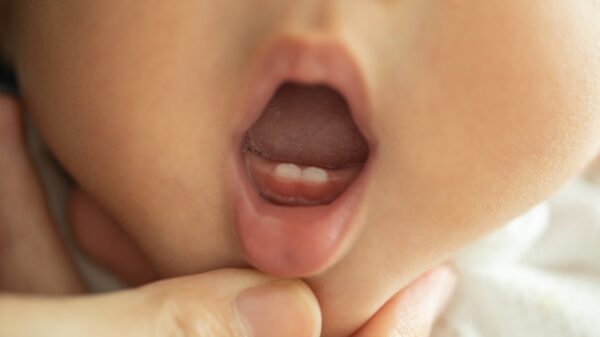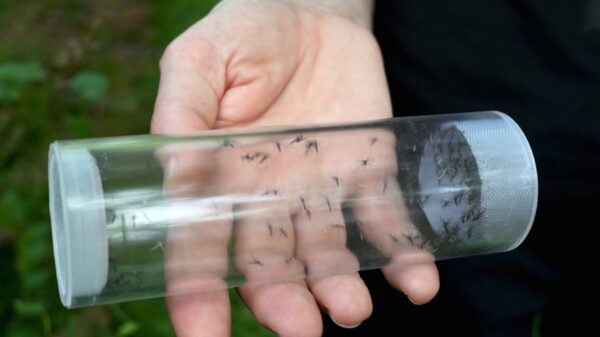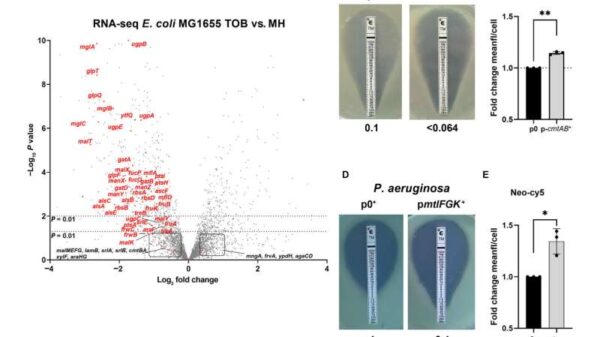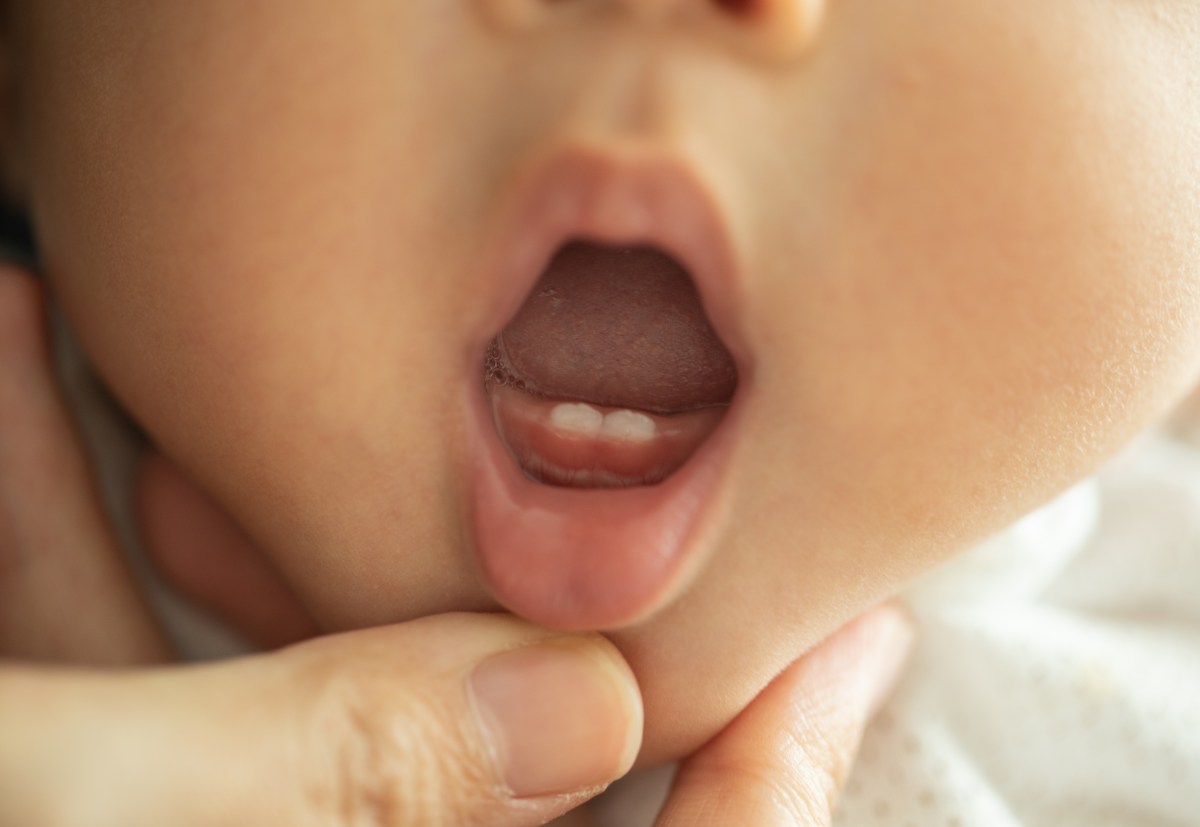URGENT UPDATE: A groundbreaking study from the University of Rochester has unveiled a surprising link between maternal stress during pregnancy and the timing of infants’ teething. Researchers have confirmed that babies born to mothers with elevated levels of the stress hormone cortisol tend to develop their first teeth significantly earlier—sometimes by several months compared to their peers.
Published in the journal Frontiers in Oral Health, this research highlights how maternal stress can accelerate biological aging in infants. Lead researcher Dr. Ying Meng, an associate professor at the University of Rochester’s School of Nursing, stated, “A mother’s higher levels of stress-related hormones, particularly cortisol, during late pregnancy are associated with the earlier eruption of primary teeth in her infant.”
The team analyzed 142 women from disadvantaged backgrounds in the U.S. They collected saliva samples in the later stages of pregnancy to measure cortisol and other hormone levels. Babies were then assessed by dentists at multiple intervals up to 24 months after birth. By the time they reached six months, infants whose mothers had the highest cortisol levels had an average of four more erupted teeth than those whose mothers had lower levels.
This study suggests that cortisol may influence fetal growth and mineral metabolism—critical factors for bone and tooth development. While other hormones like estradiol, progesterone, and testosterone showed minor connections to faster teething, cortisol emerged as the most significant factor.
“The findings add to a growing body of evidence that prenatal stress can alter a child’s developmental timeline in measurable ways,” Dr. Meng explained. High cortisol levels during late pregnancy may disrupt fetal growth and influence the regulation of calcium and vitamin D—both essential for bone and tooth mineralization.
Typically, babies begin teething around 6 months and complete their primary set of 20 teeth by age 3. However, researchers noted that genetics, nutrition, and now, prenatal stress also play crucial roles in this timeline.
Dr. Meng emphasized the need for further research to explore which biological pathways are impacted and whether early tooth eruption could indicate broader developmental acceleration. “We still have key questions that need answering,” she said. “For example, which maternal hormones or downstream developmental pathways drive the change in the timing of tooth eruption, and what such speeding up says about a child’s general health.”
This urgent research not only sheds light on the effects of maternal stress but also raises critical questions about child health and development. As the study gains attention, it underscores the importance of supporting maternal well-being during pregnancy to potentially safeguard the developmental health of future generations.
Stay tuned for more updates as researchers continue to investigate the profound implications of these findings on maternal health and child development.




































































